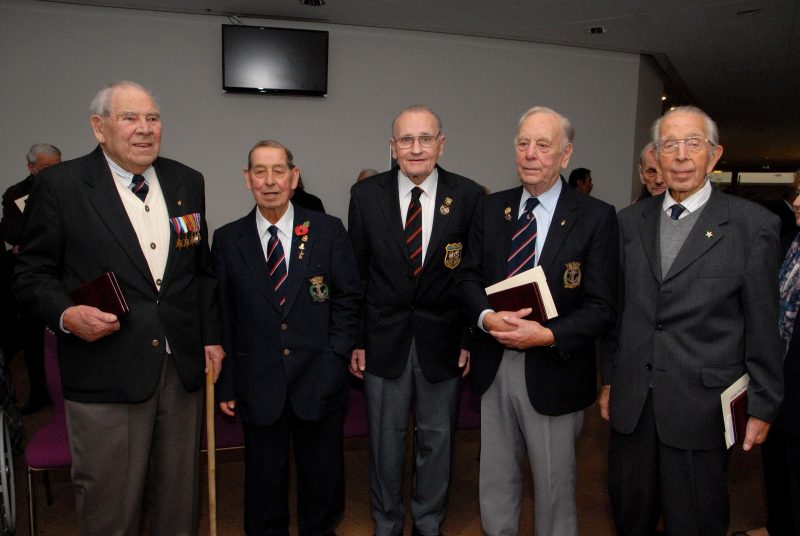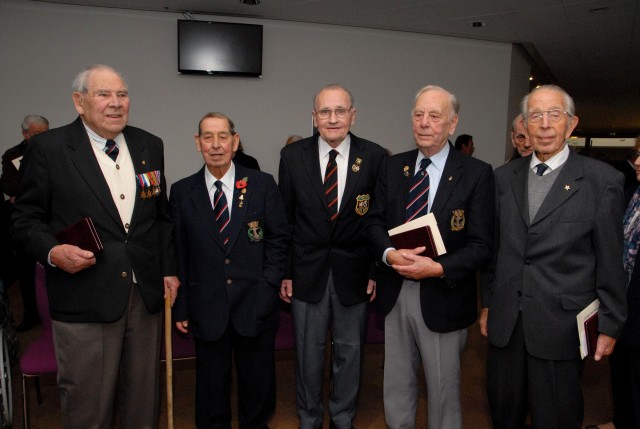World War Two veterans are being honoured by Russia for their role in the Arctic Convoys.
The Arctic Convoys were a large contingent of around 1400 ships from Britain, Iceland and the US, which sailed to the north of the Soviet Union to deliver much-needed supplies. Military vessels from Allied nations were recruited to protect the merchant ships transporting the goods.
Most ships were headed to Arkhangelsk and Murmansk. The sailings took place throughout World War Two, with almost 80 between 1941 and 1945.
The deliveries were made under the Lend-Lease programme, a US policy enacted in 1941 for the US to provide supplies and equipment to France, Britain, China, the Soviet Union and other countries. While there was no reciprocal monetary cost to the aid, the US was assigned leases for military bases in Allied countries during the war.
Around 85 merchant ships and 16 Royal Navy ships in the convoys were destroyed by German Navy battleships or submarines. The Germans lost four ships, around 30 submarines and many aircraft, which came under anti-aircraft fire from Allied ships.
The delivery of aid to the Soviet Union was an important part of Britain and the US’s war time relationship. Stalin was pressurising Churchill and Roosevelt to open up a second front in Western Europe, to take the focus off his troops in the east. However, although both Churchill and Roosevelt were reluctant to do so, they showed their commitment to the Soviet Union through the continuous supply of aid and equipment, the Bristol Post reports.
Charles Joe Cook, now 92, was a radio operator in the Royal Navy and took part in the Arctic Convoys. Charles looks back on his time with the Arctic Convoys with a shiver and describes it as hell, but is now thankful for being honoured by both the British and Russian governments. He has been awarded the Russian Ushakov medal.
Controversially, the British government avoided recognising the Arctic Convoys and the veterans who survived them. A forty-year campaign finally got the veterans honoured.
Charles remembers how it was complete luck whether someone lived or died on the convoys. They were constantly under attack by the German submarines and the weather conditions were beyond freezing. Charles remembers hacking ice off the deck with axes and recalls that if anyone fell overboard they lasted only seconds in the sub-zero temperatures.
Charles spent a total of a year and a half with the convoys. After that, he served in the Mediterranean and was going to be posted to Japan, but the war ended and he was able to return home.

